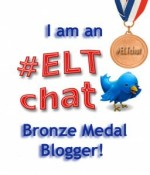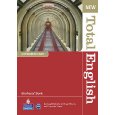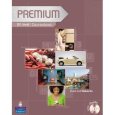The lesson begins with a few statements about bilingualism. The students decide if these are true or false and then read a text to check their ideas. Having discussed the topic of the text, the students move on to look at impersonal report structures. These are very common in essays, articles and more academic-type writing, and it is useful for students at this level to be aware of them and to be able to produce them accurately.
After some practice with these structures, the lesson ends with a more light-hearted and personalised practice activity.
Aims:
- To raise awareness of the benefits of speaking more than one language
- To enable students to recognise and use impersonal report structures
- To provide students with practice in making predictions and reading to confirm them
Age/level:
Adults or older teenagers with CEF level B2 and above
Time:
45–60 minutes
Materials:
The lesson and student worksheet (3 pages) can be downloaded here.

 My latest lesson plan for the British Council Teaching English site looks at the benefits of being bilingual or multilingual, and a few myths, hoping to encourage students to value the languages they speak.
My latest lesson plan for the British Council Teaching English site looks at the benefits of being bilingual or multilingual, and a few myths, hoping to encourage students to value the languages they speak.







![By Franklin D. Roosevelt Presidential Library and Museum [Public domain], via Wikimedia Commons](https://eltresourceful.files.wordpress.com/2013/05/27-0676a.gif?w=500&h=393)











